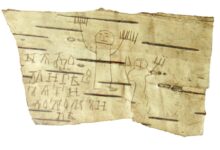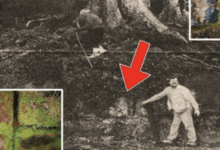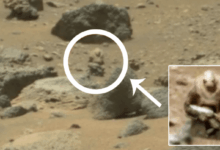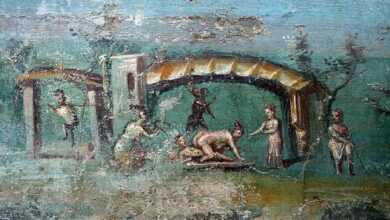Scientists Finally Decoded Herculaneum Scrolls And It’s Not Good
In a groundbreaking achievement, researchers have successfully used artificial intelligence to digitally unroll a 2,000-year-old scroll from the Roman town of Herculaneum, providing unprecedented access to ancient texts. These scrolls, carbonized by the catastrophic eruption of Mount Vesuvius in 79 AD, had long been impervious to traditional deciphering methods due to their fragile, burned nature. For centuries, scholars struggled to read these texts, as attempts to physically unroll them resulted in irreversible damage.
However, in March 2023, a major breakthrough occurred with the Vesuvius Challenge, an international competition aimed at decoding the scrolls. The challenge utilized cutting-edge technologies like CT scanning, machine learning, and virtual unwrapping techniques to read the scrolls without causing any further harm. One of the first significant accomplishments came from Luke Fariter, a 21-year-old computer science student, who identified the Greek word for purple, one of the scroll’s earliest readable fragments. This discovery, along with similar findings from other participants, spurred further progress.
The culmination of these efforts led to the grand prize being awarded to a group of students who managed to decode over 2,000 characters of text. The deciphered texts revealed significant insights into the works of Filodemus of Gadara, an Epicurean philosopher. Filodemus’ writings offered new perspectives on the philosophy of Epicureanism, particularly its teachings on the concepts of pleasure and pain, marking a significant advance in the study of ancient Greek philosophy.
This success not only allows us to peer into the intellectual world of ancient Rome but also showcases the immense potential of modern technology in preserving and unlocking ancient knowledge. The use of AI, CT scanning, and machine learning in this process sets a precedent for future archaeological and historical discoveries, demonstrating how innovation can revive lost worlds of thought and culture.




